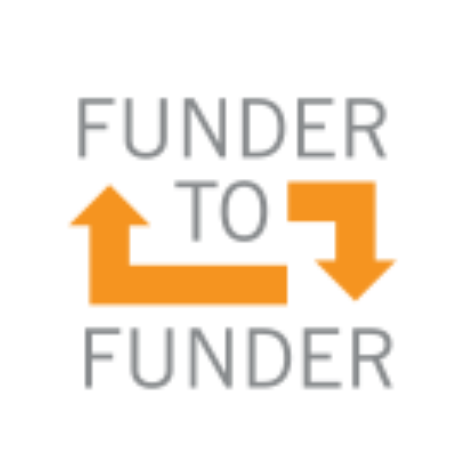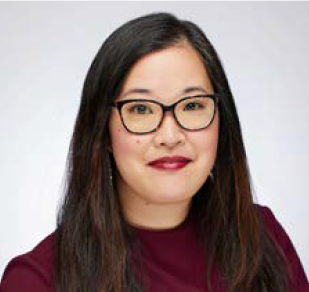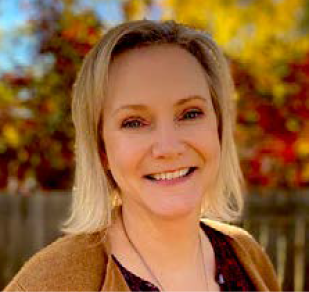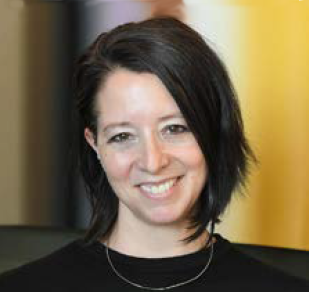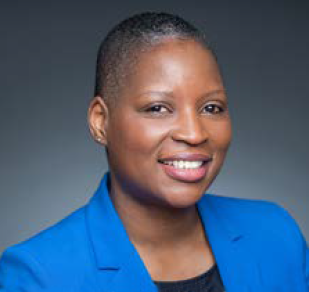
12:30 - 02:00 pm
Early School Success: Bolstering the Vital Early Learning Workforce

“I think of philanthropy’s unique role as the ‘shifter’ — how we shift the conversation, the policy and research conversations from ‘here’s how the system is broken’ to actually defining what we want in the ideal future in a very tangible way….I think philanthropy can also shift the power dynamics by treating early childhood educators and their professional associations as the professionals that we say they are — and that certainly includes both compensation as well as professional autonomy.” – Marica Cox Mitchell, Bainum Family Foundation
Marica Cox Mitchell of the Bainum Family Foundation offered the above reflection during the November 21, 2023 Funder-to-Funder Conversation exploring philanthropic efforts to better support the early learning educators caring for children in the birth to age 5 space.
Jacqueline Jones, Ph.D., the former President and CEO of the Foundation for Child Development, moderated the conversation that also included Leslie Dozono of Ballmer Group; Cathrine Aasen Floyd, Ph.D., of Trust for Learning; and Rebecca E. Gomez, Ed.D., of Heising-Simons Foundation. The panelists discussed how they are working at the local, state and national levels, individually and in collaboration with other funders, to address the wide range of issues related to the early care and education (ECE) workforce, including the workforce pipeline, educator preparation and access to credentialing, recruitment and retention, compensation, and comprehensive systems change.
The panelists talked about how their respective efforts were seeking to “reimagine” the system as a whole to better support early learning educators, including:
- Ballmer Group’s $43 million investment in Washington state to strengthen and diversify the workforce pipeline, advocate for the adoption of a new cost of quality model, and increase the collective power of Black, Indigenous and People of Color (BIPOC) leaders in the early childhood policy space.
- Bainum Family Foundation’s investment in the WeVision EarlyEd initiative, which is providing resources and space for families, early childhood educators and administrators to transcend their current realities and the current pain points in the system to articulate what they want to see in their reimagined experience.
- Heising-Simons Foundation’s work as a part of the Early Educator Investment Collaborative to build awareness of the systemic problems and to seed efforts to address issues related to ECE preparation and compensation, including recent three-year grants to three states to help them transform their approaches to compensation
- Trust for Learning’s Seeding Equitable Educator Development (SEED) Fund, which provided funding to nine projects across the country and invited them to tailor the usage of those funds to create a more equitable early learning system in their local context.
They stressed the importance of working in partnership with educators, families, providers, communities and other “proximity experts,” with Floyd noting:
“While we might consider ourselves experts in various segments, we’re not as well versed to go into a community and tell them what it is that they need as they are to tell us what they need. I love the way Trust for Learning ran our SEED fund — really talking to communities about what it is that they need and then allowing them to come in with an application that would address those needs better than we ever could.”
Stressing the fact that these racial, class and gender inequities — and efforts to address them — have existed for decades, they noted that the pandemic shone a light on the issues and provided a window of opportunity for change. They noted that change will require shifts in the long-standing mental models and power dynamics that hold the current system in place.
“One outcome of the pandemic is much more attention on the role and importance of child care and thinking about it as a racial and gender equity issue, which many of us have for a very long time,” stated Dozono. “We are using that attention to finally gain momentum on workforce issues that have been really long entrenched. It seemed like great timing to add philanthropic fuel and to think about workforce in a variety of ways.”
While the panelists agreed that changing entrenched systems is challenging and takes time, they expressed optimism that change was possible — or even “inevitable” — with Gomez stating:
“For a long time, we’ve framed the workforce as an intractable problem. I’ve worked in two state systems and have done research on the workforce, and I would say until very recently it was ‘this is really an impossible problem’….I’ve seen a lot of iterations of people saying, ‘Since we can’t fix compensation, let’s focus on preparation.’ I have been really pleased to interact with the field and with other funders in thinking about how we move beyond that. How do we think about compensation writ large? There does come a point where you can’t sort of put more on early childhood educators without thinking about that compensation piece. And I do think as a result of the pandemic, the broader public started to realize this.”


 All Events
All Events